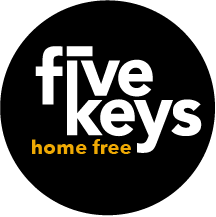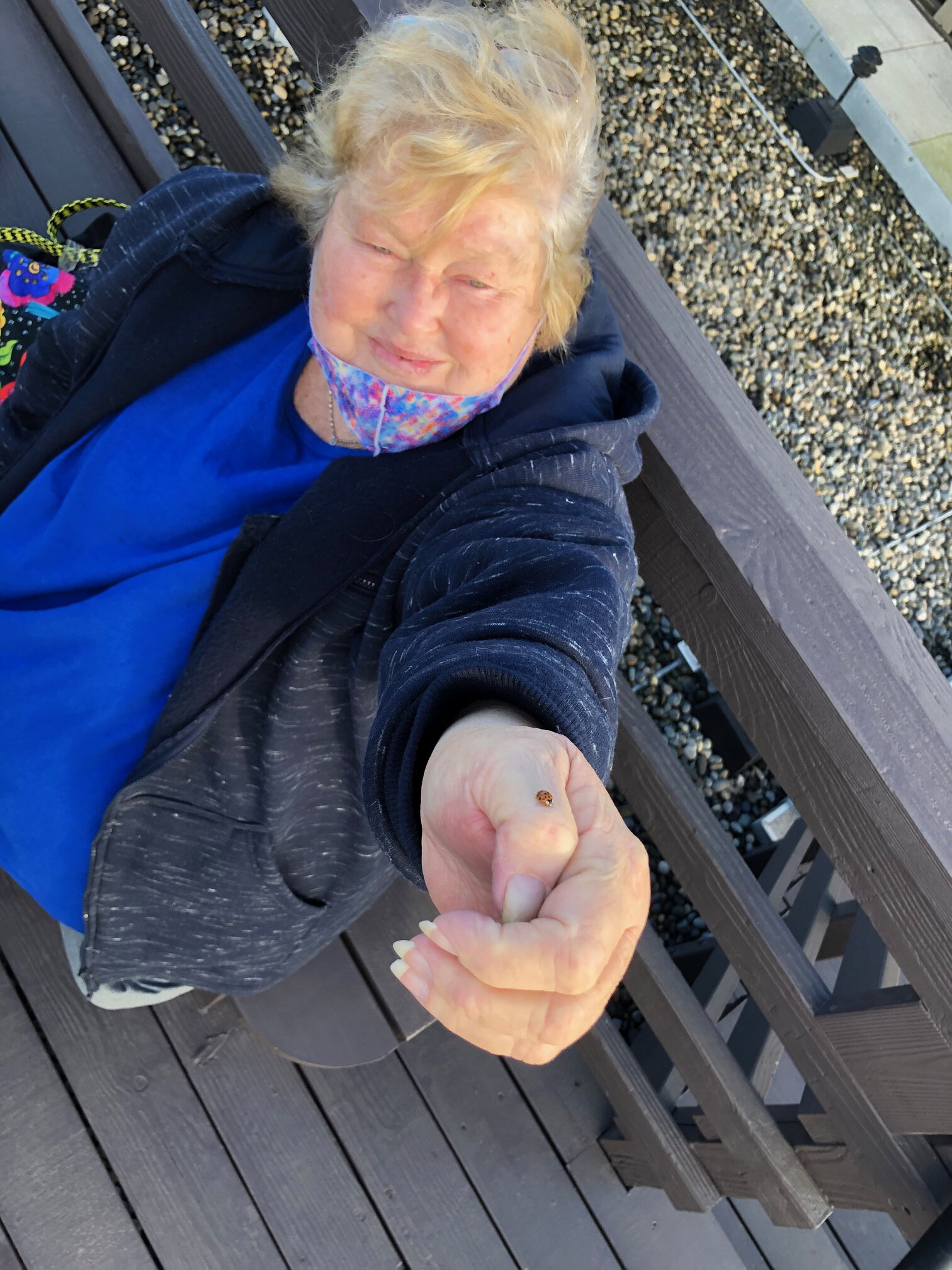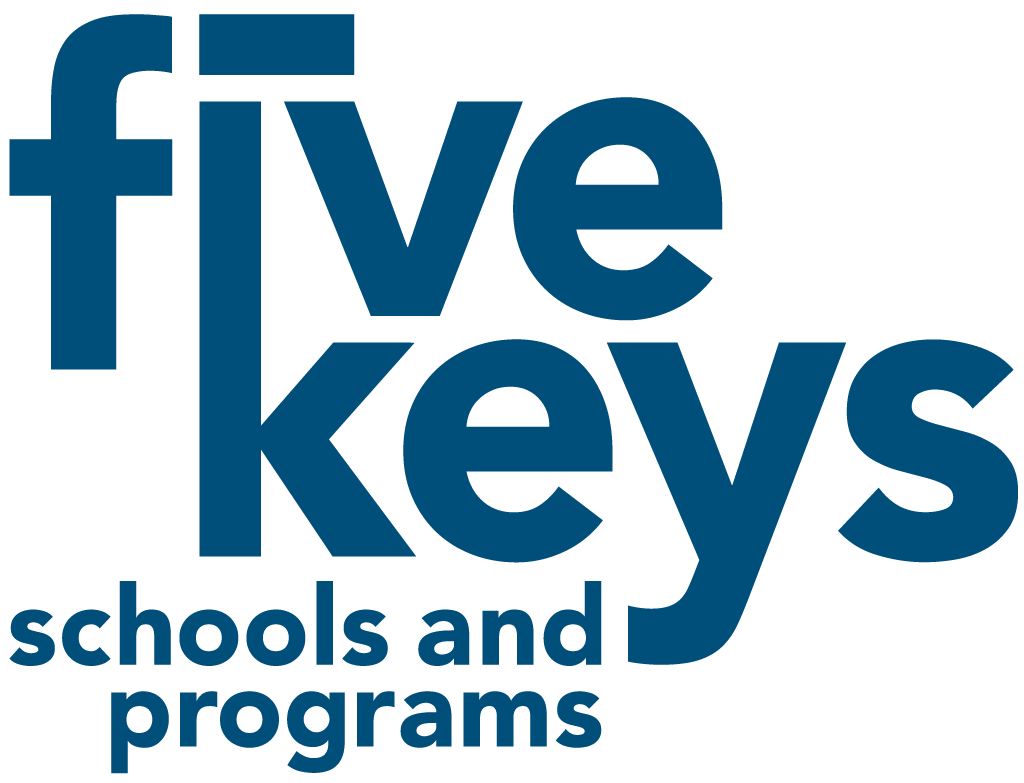ABOUT HOME FREE
Creating a home for women who are experiencing freedom for the first time in decades
Home Free is a transitional housing program that helps criminalized domestic violence survivors and other women who’ve experienced trauma reenter communities and thrive. Here, formerly incarcerated women will experience peaceful and humane transitions — from prison to freedom, from “victim” to “survivor” — while correcting a gross injustice that diminishes our civil society.
For Rosemary “Rosie” Dyer, it is the simple things. The sunsets. The smell of the ocean and hearing the waves. And she enthuses, “shopping.”
In the spring of 2020, Dyer, 67, was released from prison after serving 34 years of a life sentence without the possibility of parole for the fatal shooting of her abusive husband after years of physical and emotional torture. She is one of thousands of abused women unjustly serving prison time for either defending themselves against their abuser or because they were at the scene of the crime under the coercion of their abusive spouse or boyfriend. Trying to protect themselves cost them life in prison because they were not allowed to bring evidence of their abuse at their trial. They were placed into state prison to become forgotten by the criminal justice system.
Dyer might still be in prison if not for the activism of others who urged then-Assembly woman Fiona Ma, now California state treasurer, to watch a documentary about the abused women serving life sentences in California.
Outraged, Ma embarked on a mission to change the law, which, albeit decades later, led to California Gov. Gavin Newsom commuting Dyer’s sentence.
Thanks to San Francisco’s nationally recognized Five Keys Schools and Programs, Rosie moved into a new home on Treasure Island — Five Keys Home Free. “I finally had a home,” she said. “If it weren’t for Home Free, I’d probably be living in a cardboard box somewhere.”
Dyer’s moving story speaks volumes about what the transitional apartments at Home Free have become for a growing number of women who were horrifically abused for years. Now, they are returning to a world that has changed immeasurably. Their release attempts to right a horrible wrong — reductions to severe sentences that would never have been imposed under new legislative reforms.
Home Free currently is helping Dyer and other survivors explore the safety and new beginnings they are finding in their very own two-bedroom apartments on San Francisco’s Treasure Island. Dyer, whose husband repeatedly beat her and tortured her, and who spent half her life in prison, said: “I am restarting my life.”
With Five Keys as a backdrop, Dyer and the others who have survived trauma are offered a safe haven to explore their own emotional healing. Responsive transitional housing for survivors re-entering our communities should be the rule not the exception. Five Keys Home Free is committed to creating Home Free South in the Los Angeles area and beyond.
Home Free is where the new chapter of their lives begins.
“My life is renewed,” she said.
The History of Home Free
Home Free grew out of discussions between elected officials, legislators, domestic violence and prison reform advocates, and representatives from law enforcement. In 2012, Assembly Speaker Pro Tempore Fiona Ma sponsored the “Sin by Silence” legislation, signed by Governor Brown, allowing women survivors of domestic violence who were convicted of killing their batterer (or were at the scene of a murder under the coercion of their abuser) to seek legal review of their extreme and mostly unjust sentences. Further advocating led to California Gov. Gavin Newsom commuting Dyer’s sentence.
“The state never set up programs for what to do when women who had been serving life without parole got out,” Ma said. “Their only option for a place to stay was to enroll in a drug or alcohol program, and she doesn’t have a drug or alcohol problem.”
In anticipation of the gap in services once these women were released from prison, Ma, approached Five Keys’ founder Sunny Schwartz, author of Dreams from the Monster Factory and a thought leader in restorative justice and reentry services, and asked that she develop programming for criminalized domestic violence survivors exiting prison after 10- to 50-year sentences. Home Free has expanded housing and reentry services for other formerly incarcerated women who have experienced significant trauma.
A retired attorney and life-long advocate for criminal justice reform, Schwartz had worked in the San Francisco Sheriff’s Department to create education, violence prevention, and therapeutic programs for the incarcerated and recently released. In 2003, Sunny created the first jail-based charter school, Five Keys Schools and Programs. The program was unique at the time but has now expanded to 25 county jails, 100+ partnership sites with a total of over 30,000 students. The program aims to provide students with a high school diploma by the time they are released
Schwartz worked with numerous noted gender and justice specialists to create a solution, to find a place where the newly commuted women could transition back into life in a safe and supportive residential setting with CEO and President of Five Keys Steve Good. Five Keys sought and was granted funding through the California Department of Corrections and Rehabilitation for the San Francisco housing from and Board of State and Community Corrections for re-entry coaches to work with survivors being released from the two main women’s prisons in Central Valley and Southern California.
The result: Home Free opened in 2020. Plans are on the drawing board to open a second location in the Los Angeles area.
“We are righting a terrible wrong for survivors who have endured unspeakable violence and were unjustly sentenced with life in prison — life without parole — because the law would not let them show evidence of their abuse in their trials,” says Schwartz.
After a review by the parole board, Gov. Newsom commuted Dyer’s sentence. She was released in April 2020. Now, as Dyer and other women begin exiting the California prison system, they have a place to call home.
When Dyer was released, Ma, and her chief of staff, Genevieve Jopanda, flew down to the California Women’s Institution in Chino (San Bernardino County) to pick Dyer up and drove her six hours back to San Francisco, talking, crying, laughing and dancing the whole way up to San Francisco.
“She couldn’t fly,” Ma said. “She uses a wheelchair and doesn’t have any ID.”
Home Free is believed to be the first housing program in the nation for domestic violence survivors (including cis and trans) and/or human trafficking who served unfair prison terms for killing their abusers.
WHAT WE DO
Home Free provides trauma-informed empowerment programs to help the women navigate daily life in the 21st Century. Programs include financial and technology literacy, job, and computer training classes. It is also a safe haven for physical, emotional, and spiritual counseling and healing.
Raising awareness about Dyer and the other survivor’s stories has become crucial to Home Free’s mission to help support domestic violence services, educate the community about coercive control, push for the behavior to be criminalized nationally, and to provide transitional housing and support for the survivors still hoping to be released from prison.
“People ask what’s it like getting out of prison, especially in a pandemic,” Dyer said. “It’s wonderful. That is what I say to myself every day. It’s wonderful.”
FIVE KEYS HOME FREE is the place where women can be FREE of violence; FREE of institutionalization, FREE to feel safe, and FREE to determine their own future.


